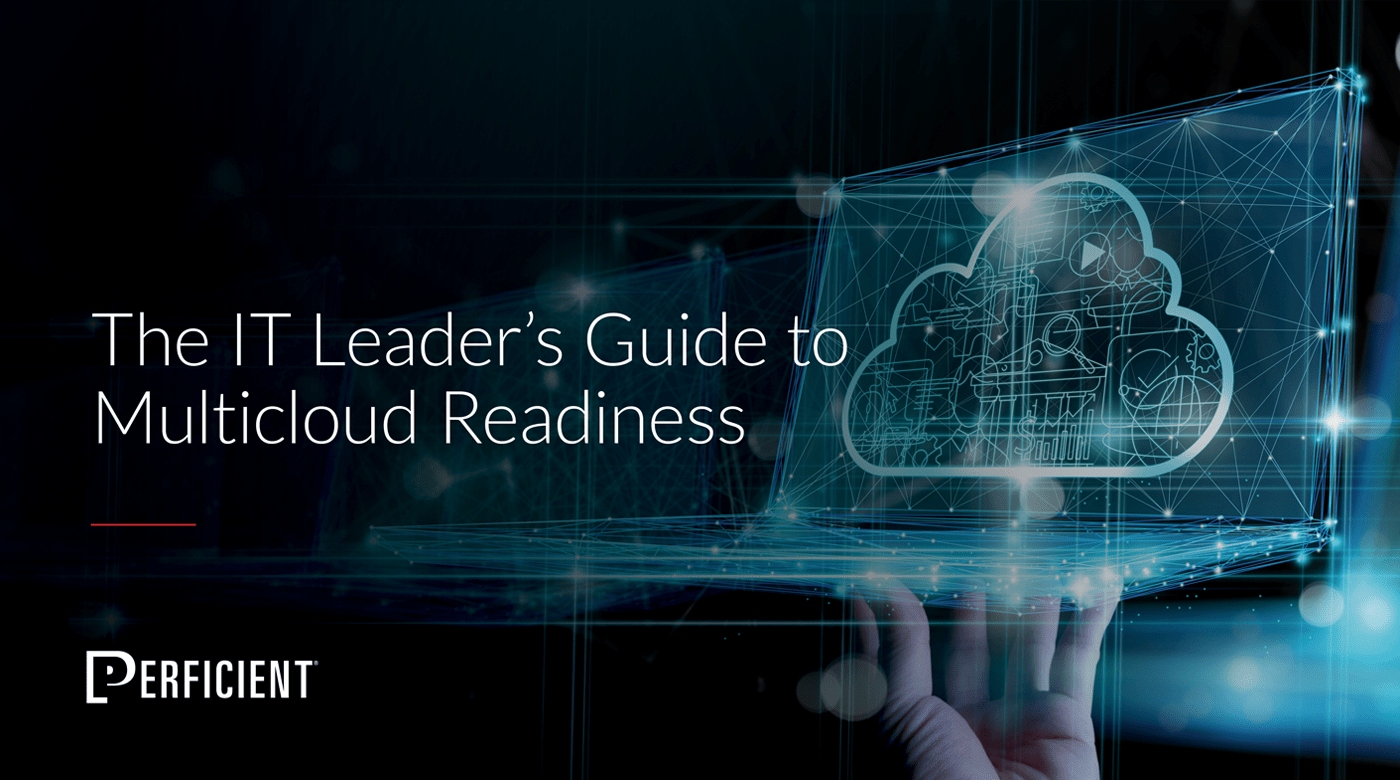The rewards of moving from on-premises to cloud are many and although some folks may still have reservations, the benefits are hard to deny.
Time to Value
Cloud applications are designed to provide a rapid return on investment, with less risk than a traditional implementation. For example, a planning system can be fully developed and deployed on Oracle Planning and Budgeting Cloud Service (PBCS) in as little as eight weeks. If that’s not impressive enough, how about implementing Oracle Sales Cloud – including basic project management, requirements-gathering, system configuration, data import, system validation, and end-user training – in as little as four weeks?
Lower Total Cost of Ownership
Attractive pricing is available with cloud applications and ‘pay as you go’ models. Pricing by seat gives you more control in managing your costs. In addition, if you don’t need certain services, you may be able to exclude them from your license. This flexibility ensures capacity ahead of demand and also provides closer, more predictable links to costs and use.
In addition to attractive pricing models, there are no hardware costs or expensive administration. You can access your cloud applications from any internet-enabled device.
Scalability
With a cloud environment, you are not locked into the decisions you may have made when you first deployed your applications. The flexibility of cloud, and the ease with which you can scale, allows you to move faster. When your current environment no longer meets your requirements, you can quickly add capacity at a cost that won’t break the bank. You don’t need to add more servers when more seats are required.
Frequent Upgrades and New Features
An upgrade of a legacy application is no small endeavor and it’s not uncommon for organizations to put off the upgrade decision as long as possible. The expense is a huge consideration, but the time involved is equally daunting. Major upgrades are complex and the pain of the upgrade process is all too real for those who have been through it. You cannot sustain a permanent implementation team to update on-premises applications with each release. With cloud, you don’t have to.
Unlike a major release of a legacy application, cloud applications are upgraded with relative ease. For example, as Oracle adds new features and functionality to its cloud offerings, there’s limited disruption to business users. Furthermore, this ensures you stay on the latest and greatest technology with the most advanced features to run your business.
Productivity Gains
The cloud offers increased employee productivity through better information flow and collaboration capabilities and by automating routine processes. Oracle Sales Cloud, for example, is a modern sales automation tool that is fast, easy, and efficient to use. With mobile integration, it delivers higher user adoption, increased sales productivity, and improved pipeline visibility.
With Oracle PBCS and Oracle Financial Consolidation and Close Cloud Service you can replace manual, spreadsheet-based financial processes with automated, centralized systems for budgeting, forecasting, analytics, variance reporting and consolidated financial reporting.
With Oracle Marketing Cloud you can automate not only the initial email campaign, but also the timing of follow-up, different messaging for different targets, and have all of the emails delivered while your marketing director is off helping to build brand awareness.
Minimal IT Involvement
By migrating to Oracle Cloud, the role of your company’s IT department will change. No longer tasked with “keeping the lights on,” they’ll instead be able to focus on more strategic initiatives such as the functionality needed by the business, analyzing what modules to implement, prioritizing upcoming initiatives, and analyzing the success of the implementations. Rather than being perceived as pushing an agenda, IT will evolve into the strategic partners of business stakeholders, rather than the team that keeps email up and running.
In our new guide, we explore the cloud marketplace, key considerations, integrating the cloud with legacy applications, and challenges of current cloud implementations. If you’re considering Oracle Cloud, this guide will provide some clear steps on how to make the move.
